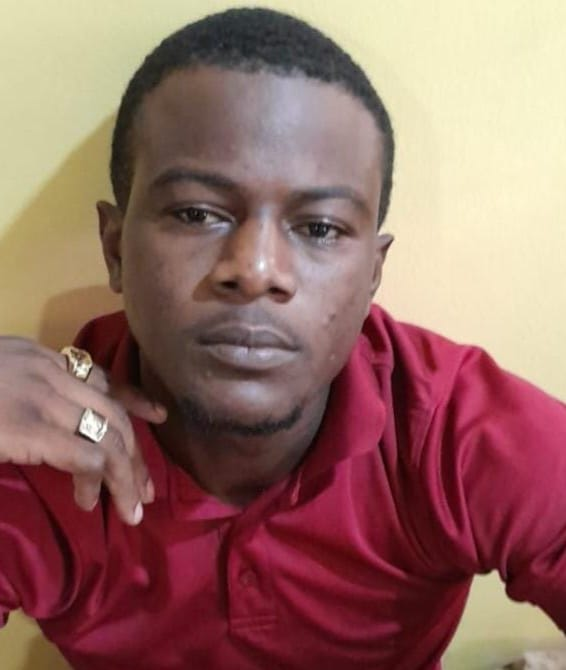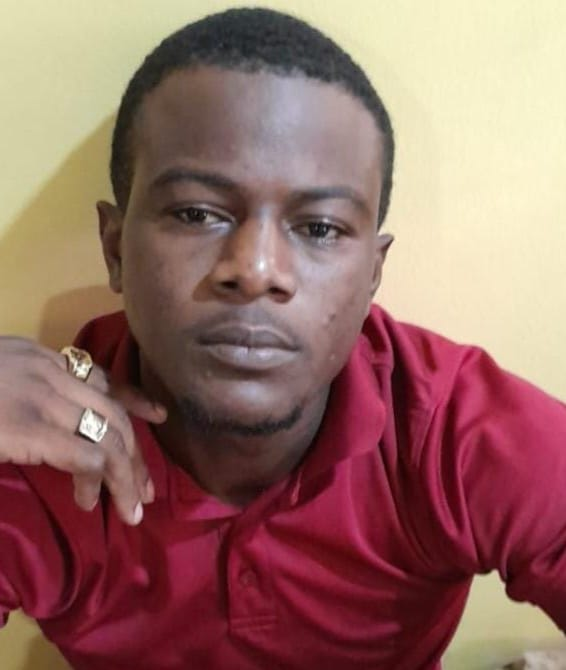In Trinidad and Tobago, the culture surrounding the Play Whe lottery game is deeply rooted in the social fabric, deeply intertwined with the daily lives of many residents. Choosing a play whe mark often involves a blend of luck, intuition, and personal significance. Players frequently select numbers based on dreams, significant dates, or even local folklore, with each choice accompanied by a narrative that justifies their selection. This ritual not only fuels participation but also fosters community discussions about strategies and predictions, further enhancing the thrill of the game.
The gambling culture in Trinidad is vibrant, driven by a mix of hope and escapism. Many players engage in Play Whe not just for potential monetary gain, but for the camaraderie it creates among friends and family. The excitement of gathering to discuss outcomes, share theories, and recount near-misses adds a layer of social interaction that transcends the mere act of gambling.
However, the narratives surrounding wins and losses are particularly interesting. Players often craft elaborate theories to rationalize their experiences. When they win, they may attribute their success to a divine sign or a well-researched strategy, while losses are frequently justified by external circumstances or bad luck. This psychological aspect of gambling can lead to a cycle of hope, where each loss is seen as a stepping stone to the next potential win, reinforcing the allure of the game.
Overall, the Play Whe phenomenon in Trinidad and Tobago reflects not just a game of chance, but a rich tapestry of social interaction, belief, and cultural identity, where the lines between luck and personal narrative blur, creating a unique gambling culture that continues to thrive.


